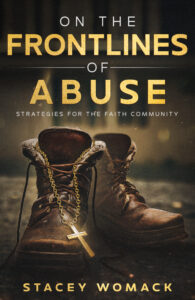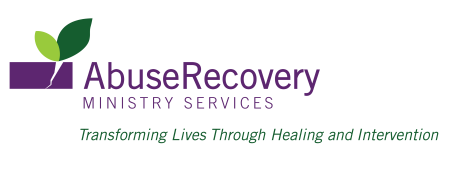
On the Frontlines of Abuse: Strategies for the Faith Community
Stacey Womack, the visionary behind Abuse Recovery Ministry Services (ARMS), brings over 25 years of expertise to the forefront in her groundbreaking book, “On the Frontlines of Abuse: Strategies for the Faith Community.” As founder and executive director of ARMS, Womack dedicates herself to enlightening and empowering leaders to effectively address the complex dynamics of domestic violence, both within and outside the walls of the church. .
In her compelling narrative, Womack confronts the uncomfortable truth that many shy away from discussing: domestic violence. With candor and conviction, she challenges the common misconception that this issue is confined solely to the secular realm, asserting that it permeates religious communities just as significantly.
In “On the Frontlines of Abuse,” Womack offers readers a comprehensive understanding of various forms of domestic abuse and the manipulative tactics employed by abusers. Delving deeper, she provides invaluable guidance for both victims and perpetrators seeking assistance. Particularly noteworthy are the chapters dedicated to equipping church leaders with the necessary resources, language, and actionable steps to effectively address domestic abuse within their congregations.
Womack fearlessly tackles the sensitive issue of divorce, highlighting it as one of the greatest concerns hindering the church’s response to abuse. She emphasizes that turning a blind eye to domestic violence only perpetuates its harmful effects, both on individuals and society at large. While acknowledging the sanctity of marriage, Womack asserts that true transformation can only occur when abusers actively seek help and align their efforts with divine intervention.
Throughout the book, Womack shares compelling narratives of individuals whose lives have been profoundly impacted by the programs and interventions spearheaded by ARMS. These success stories serve as a testament to the effectiveness of faith-based initiatives in combating domestic abuse.
In her closing remarks, Womack issues a poignant call to action, urging the faith community to actively engage in the fight against domestic violence. Recognizing the enormity of the challenge, she emphasizes the importance of collective effort, inviting churches to join hands with ARMS in offering support and advocacy to those affected by abuse.
Womack’s message is clear: addressing domestic violence requires a concerted effort from all sectors of society, and through collaborative action, lasting change can be realized.
